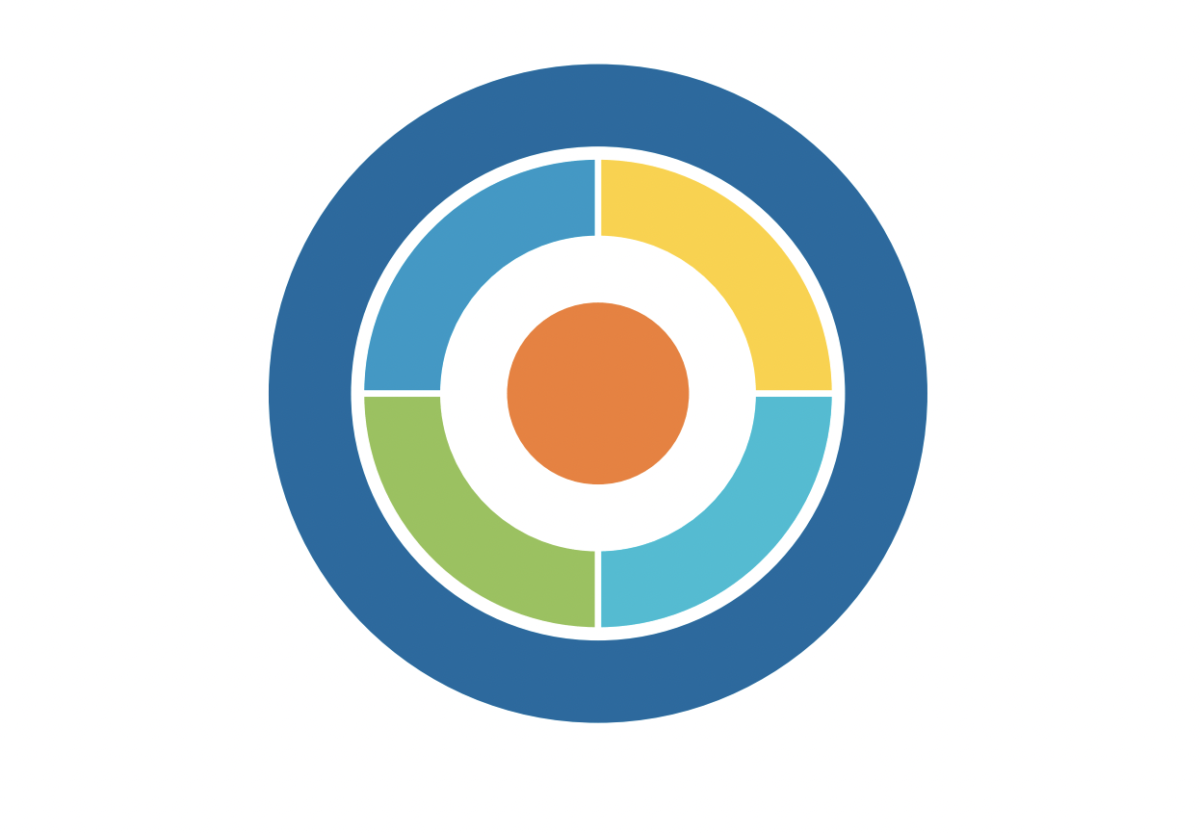GCE-US responds to first-ever World Development Report that focuses on education
FOR IMMEDIATE RELEASE
September 26, 2017
Contact: Jennifer Rigg, Executive Director
Global Campaign for Education – US, 202-361-2135, jrigg@gce-us.org
GCE-US responds to first-ever World Development Report that focuses on education
The Global Campaign for Education – US (GCE-US), a broad-based coalition of over 80 organizational members, calls for greater funding for quality, universal education for all children and youth.
On September 26, 2017, the World Bank released the first-ever World Development Report focused on education. GCE-US applauds highlights on public, universal, quality education, and urges the World Bank to advocate more boldly for increased global education funding.
The World Development Report 2018 (WDR)—LEARNING to Realize Education’s Promise emphasizes the need for equity in learning outcomes, to make schools work for learners, and to better align actors so that systems work for learning.
GCE-US welcomes the first-ever WDR to focus on education and applauds policymakers’ increasing attention to education, however, GCE-US is concerned that this WDR does not go far enough in supporting teachers, access to education for all students, and vital funding for public education systems.
Jennifer Rigg, GCE-US Executive Director, stated, “As advocates for quality, universal education, we praise the World Bank and World Development Report authors for highlighting the importance of quality public schools for all, and emphasizing concerns about public funds going to for-profit, private education providers. We welcome the focus on preparing children to learn through early childhood interventions with support for integrated supports to address education, nutrition, care, engagement, and learning. The nutrition leaders at the World Bank have been effective champions and advocates – and we applaud advocacy and linkages between nutrition, education, early childhood development, water/sanitation/hygiene and health to more holistically support all children, youth, families, and communities.”
“We are concerned, however, that the WDR simply does not go far enough in recommending increased funding for education. We urge the World Bank to remedy this problem immediately and request that Finance Ministers and policymakers strengthen grant funding for quality, inclusive, public education. This is especially critical to do in the coming months as country governments are making vital decisions and advance commitments in the lead up to the February 2018 replenishment of the Global Partnership for Education,” Rigg said.
Katie Malouf Bous, Oxfam International’s education and international financial institutions expert and Co-Chair, GCE-US World Bank Advocacy Group, responded, “The focus of this WDR on education provides an important boost for education on the global agenda, and the report has many valuable contributions, including on highlighting inequity in education outcomes. However, we believe it’s irresponsible for the WDR to give the appearance that the learning crisis has nothing to do with current education funding levels. The World Bank’s guidance carries a lot of weight and influences where governments put their money. This is especially true this year, when the Global Partnership for Education, a major multi-lateral education fund for poor countries, is replenishing its resources. More funding alone won’t solve the education crisis, but it won't be solved without it. It’s a shame that the Bank passed up their chance to make this message clear.”
GCE-US applauds the focus on education and urges the World Bank to fully support teachers, students, parents, and schools while taking a stronger role in urging Finance Ministers and policymakers to increase sustainable, public funding for quality, inclusive education systems in the lead up to the February 2018 replenishment of the Global Partnership for Education.

